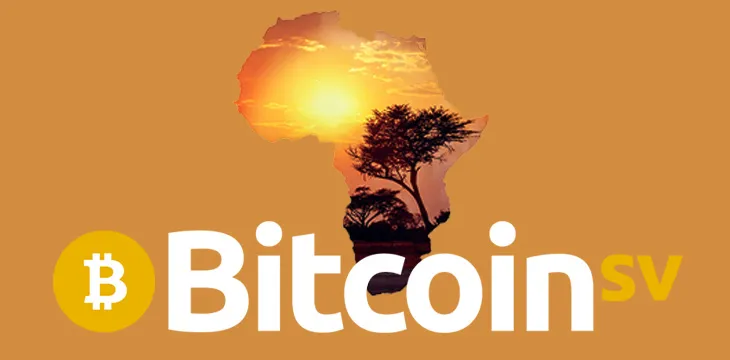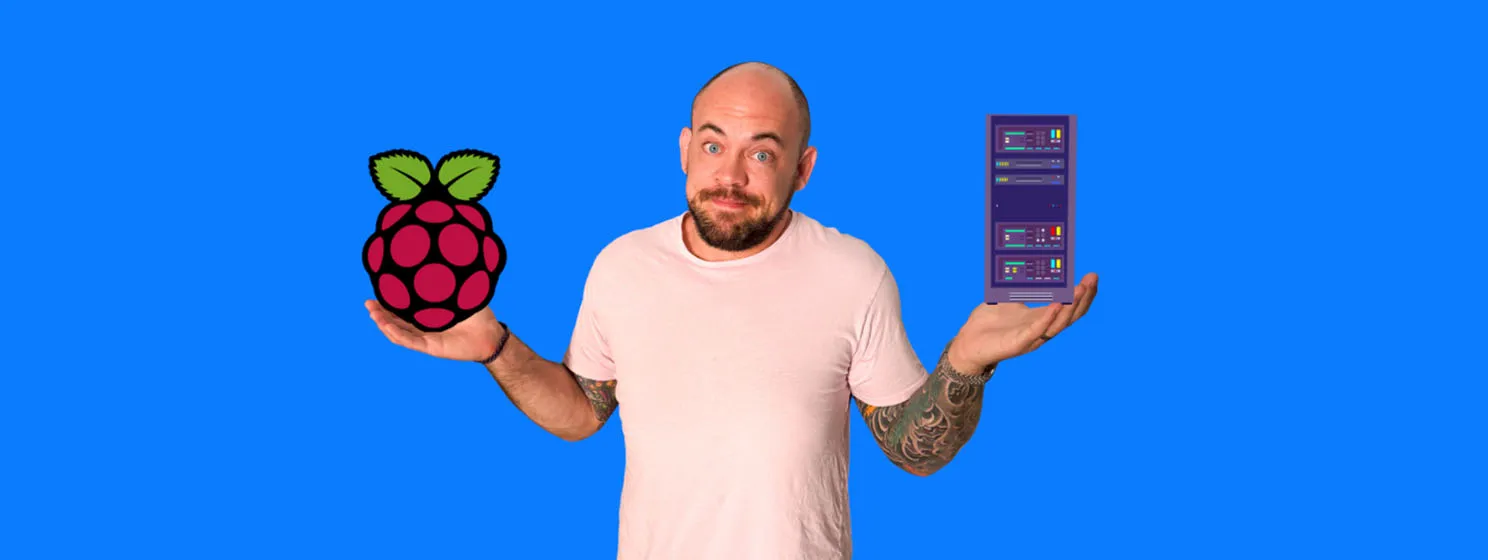|
Getting your Trinity Audio player ready...
|
Bitcoin SV (BSV) has established itself as the leading blockchain project and continues to impact the lives of millions across the world. And as the blockchain world pivots its eyes to Seoul, South Korea where the CoinGeek conference recently wrapped up, one theme that has become clear is how much Africa needs BSV. Just recently, this need for peer-to-peer electronic money was amplified after the central bank of Zimbabwe banned mobile money, a very popular payment method in the country, leaving the citizens with fewer payment options.
BREAKING: The @ReserveBankZIM has banned all cash in, cash out and cash-back facilities with immediate effect.@GNyambabvu @ZimTreasury @czionline @tarie_mufundisi @EcoCashZW @OneMoneyZw @TelecashZim pic.twitter.com/3qj4aJgW2E
— ZBC News Online (@ZBCNewsonline) September 30, 2019
Africans aren’t new to crypto. African crypto exchanges have been flourishing in recent years as the number of traders continues to increase. However, cryptos have to be more than just a speculative asset for the continent.
In some of the cases where cryptos have been used as a payment method, the users have relied on inferior cryptos whose charges are high and speed is low. However, with Bitcoin SV, this all changes as the extremely low charges enable microtransactions in a way no other crypto can.
For most Africans, cash payments are their default payment method. This method can be unsafe, but since the options are limited, the citizens end up having to rely on it. There are some countries that have experienced great success with mobile money such as Mpesa in Kenya. However, the vast number of citizens in the continent still has to rely on cash payment.
Africans who’ve tried their hand in crypto have had to contend with the slow speed of most of the popular cryptos, ranging from Ethereum whose transactions take about five minutes, to BTC whose transactions take over half an hour. This speed is unrealistic when it comes to every-day payments. The only crypto that can fulfill this role is the real Bitcoin, Bitcoin SV.
When it comes to Africa, the remittance issue can’t go unnoticed. The continent receives billions of dollars from Africans working abroad, but unfortunately, a big portion of the money sent goes to transactions charges. This challenge has been well documented, with the World Bank finding that Africa’s remittance charges are the highest in the world, almost twice as high as that of its closest rival.
Africans need the Original Bitcoin more. I was gutted today by the high transfer fees and lengthy transaction time with a transaction I carried out today. I think there a lot more Africans like me who wish they could get rid of these hurdles. With #BSV, we won't have to face this
— Che Rodney SA (@RodneySAC) September 29, 2019
The time has come for Africa to embrace Bitcoin SV and get to enjoy all the advantages that it offers its users.

 07-13-2025
07-13-2025 





